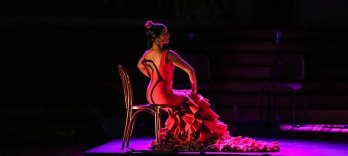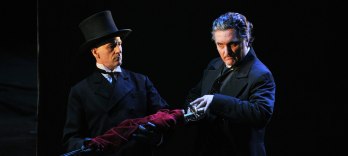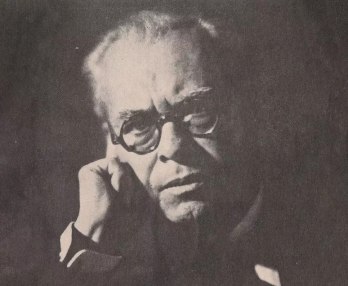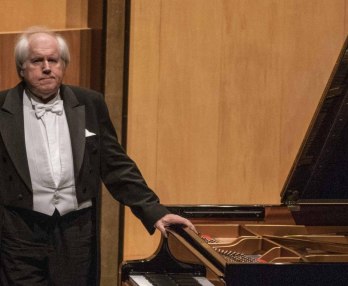Barcelona Opera Tickets | Barcelona Concert Tickets
What's on
Flamenco Barcelona
Barcelona - The Palau de la Música Catalana
Th 31 Oct 2024, 20:30 - We 01 Jan 2025, 17:00
Th 31 Oct 2024, 20:30 - We 01 Jan 2025, 17:00
Flamenco Barcelona -
Barcelona - The Palau de la Música Catalana
Fr 01 Nov 2024, 20:00 - Mo 30 Dec 2024, 12:00
Fr 01 Nov 2024, 20:00 - Mo 30 Dec 2024, 12:00
Palau de la Música Catalana -
Barcelona - The Palau de la Música Catalana
Sa 02 Nov 2024, 18:00 - Su 17 Aug 2025, 19:00
Sa 02 Nov 2024, 18:00 - Su 17 Aug 2025, 19:00
Palau de la Música
Barcelona - The Palau de la Música Catalana
Mo 04 Nov 2024, 20:00 - Mo 04 Nov 2024, 20:00
Mo 04 Nov 2024, 20:00 - Mo 04 Nov 2024, 20:00
Barcelona Jazz Festival
Barcelona - The Palau de la Música Catalana
Th 07 Nov 2024, 21:00 - Th 07 Nov 2024, 21:00
Th 07 Nov 2024, 21:00 - Th 07 Nov 2024, 21:00
Gran Teatre del Liceu Barcelona
Barcelona - Gran Teatre del Liceu
Sa 09 Nov 2024, 19:00 - Tu 19 Nov 2024, 19:30
Sa 09 Nov 2024, 19:00 - Tu 19 Nov 2024, 19:30
Bestseller events
Palau de la Música
Barcelona -
The Palau de la Música Catalana

 EN
EN DE
DE IT
IT FR
FR ES
ES RU
RU JP
JP RO
RO








